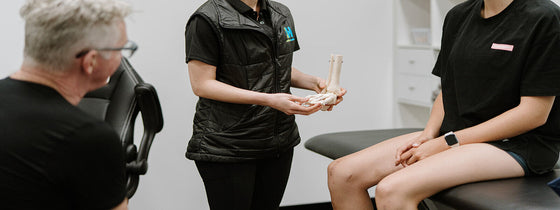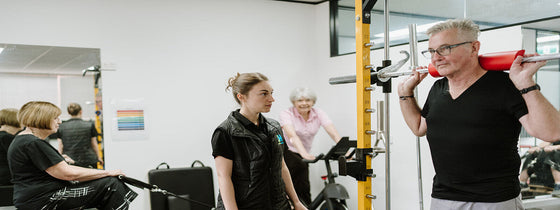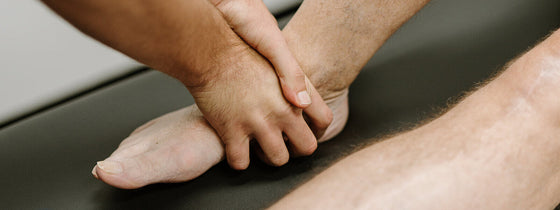You have just received the bad news that you have ruptured your ACL and the decision has been made in conjunction with your orthopaedic specialist that you require surgery. Sometimes the decision will be made to get you in there and get it done ASAP – but in some cases it can be worth your while to delay surgery and allow your knee to settle from the initial traumatic incident.
The added reality now is that COVID-19 restrictions and measures to stop the pressure on healthcare has halted most ACL reconstruction surgeries and we are not sure when elective surgeries will recommence. However, by delaying your surgery you can allow your pain and swelling to settle. Recent research shows that there is benefit both intra and post-operatively for those who have regained full range of motion (particularly extension) and have restored good function to their quadriceps and hamstrings prior to their operation.
In this time it can be important to consult with a physiotherapist to determine what is appropriate for you. They will give you individually prescribed exercises and aim to modify things to try and keep you as active as possible. Ideally, the physiotherapist will conduct some testing of your non-injured limb to ascertain what your baseline levels are. This includes strength testing with hand held dynamometry and performing some hop testing. This data becomes vital for your rehabilitation standards. It gives an accurate representation of what is normal for you, rather than basing rehab off numbers that are obtained after you have spent considerable time off your feet losing your strength and conditioning.
Basically, the better your function can become before your surgery, the better your outcomes will be after your surgery. It’s a long and arduous process to rehabilitate an ACL injury but you can take some pressure off yourself by doing the right things early. Book in today with one of our Physiotherapy team at OHL to begin your optimal prehabilitation!

If you're experiencing back or neck pain with neurological signs and symptoms, a thorough neurological examination is crucial for accurate assessment and effective treatment. In this Optimal Tip learn more about what we mean by completing a neurological exam!

Squats, deadlifts, and calf raises are key movement patterns that should be part of every strength and conditioning program—regardless of age and activity level. These functional movements support joint health, improve posture and balance, and reduce the risk of injury while building strength where it matters most.

A ganglion cyst is a fluid-filled swelling that typically forms over a joint or tendon sheath, causing discomfort and pain, especially when pressing against nerves or joints. Proper assessment and treatment, including physiotherapy, are essential for managing symptoms and improving function in the presence of a ganglion in your hand, foot, or wrist.